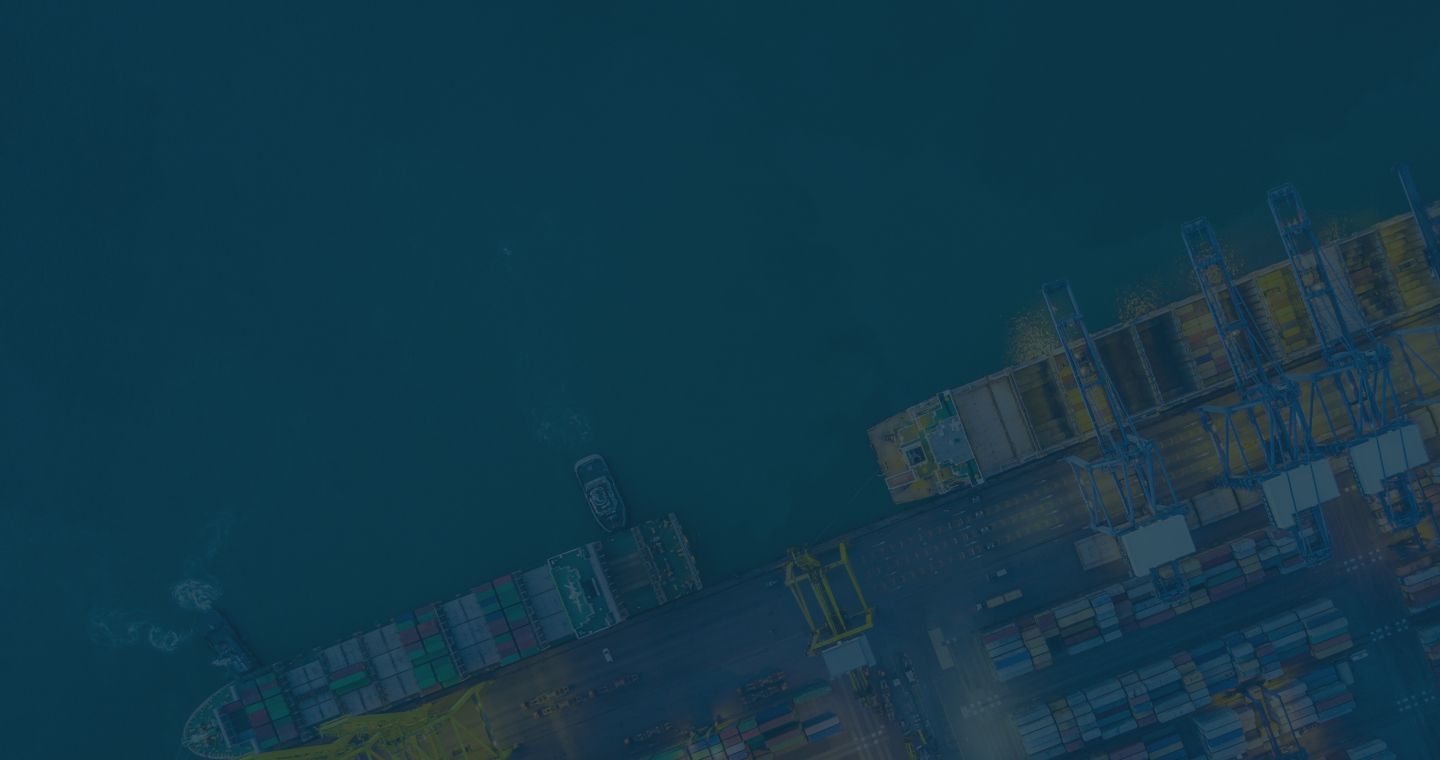
Container Shipping to Australia — Get Instant Quotes



Why Choose iContainers for Shipping to Australia?
Australia’s import market tops 3 million TEU a year at Port Botany alone and spreads across five major hubs from Melbourne to Fremantle.(nswports.com.au) iContainers keeps your supply chain moving with:
- Real-time FCL & LCL pricing to every Australian gateway
- Integrated paperwork support for Department of Agriculture, Fisheries and Forestry (DAFF) bio-security rules (e.g., BMSB, sulfuryl-fluoride fumigation) (agriculture.gov.au, agriculture.gov.au)
- Direct links to on-dock rail at Sydney and Melbourne plus door delivery anywhere on the continent
- Optional air-freight upgrades via Sydney (SYD) and Melbourne (MEL) for time-critical cargo
Our Container Shipping Services to Australia
Full Container Load (FCL)
Large retailers and mining suppliers favour FCL for bulk shipments—electronics, building materials, heavy machinery and wine—moving straight into Port Botany (AUSYD), Port of Melbourne (AUMEL), Brisbane, Fremantle and Adelaide.
Less-than-Container Load (LCL)
Weekly consolidations from East Asia, Europe and North America feed Sydney and Melbourne, then rail or truck inland—perfect for loads under 15 m³.
Popular mode: FCL dominates high-volume retail and resource-sector imports; LCL is rising for e-commerce restocks.
Major ports / airports served: Sydney (Port Botany), Melbourne, Brisbane, Fremantle, Adelaide; air via SYD & MEL. (datahub.freightaustralia.gov.au)
Typical cargo: Mining equipment, consumer electronics, apparel, wine, dairy products.
Transit-time guide: Shanghai → Sydney ≈ 20–22 days; Los Angeles → Sydney ≈ 26–30 days; Rotterdam → Melbourne ≈ 35–40 days
Country-specific challenge: Strict bio-security inspections—all containers may be directed for DAFF examination; untreated wood/dunnage is refused. (agriculture.gov.au)
Alternative option:
Air freight cuts door-to-door to 3–6 days via SYD or MEL for high-value spares and perishables.
Container shipping rates to Australia
How much does it cost to ship a container to Australia?
How Long Does It Take to Ship a Container to Australia?
- East Asia → East Coast (Sydney/Melbourne): ~20–22 days
- U.S. West Coast → East Coast AU: ~26–30 days
- North Europe → South-East AU: ~35–40 days
Sea-freight ranges reflect Maersk’s global guideline of 20–45 days port-to-port depending on lane and season. Air freight trims this to 3–6 days door-to-door.
Popular Routes and Ports for Shipping to Australia
The trans-Pacific loop (Los Angeles/Long Beach ↔ Sydney/Melbourne) and Asia–Oceania services (Shanghai/Ningbo ↔ Sydney/Melbourne/Brisbane) handle the bulk of volume. Inland distribution uses on-dock rail from Port Botany and Port of Melbourne, then truck to New South Wales, Victoria and Queensland industrial zones. (nswports.com.au)
Steps to Book Your Container Shipment with iContainers
- Enter origin, destination and cargo details for an instant quote.
- Upload commercial invoice, packing list and any fumigation certificates.
- Confirm booking and pay securely online.
- Track departure, trans-shipment and arrival milestones in real time.
- Complete DAFF bio-security and customs clearance—DIY or via our broker network.
- Arrange last-mile delivery to warehouse, mine site or 3PL.
What Can You Ship in a Container to Australia?
Common Commodities
- Mining machinery
- Consumer electronics
- Wine & spirits
- Processed foods
- Apparel
- Construction materials
Restricted / Prohibited Goods
Untreated timber, soil-contaminated machinery, counterfeit brands, certain chemicals without Australian Dangerous Goods (ADG) permits.
FAQs About Shipping Containers to Australia
Use our instant quote tool—rates include ocean freight, bunker, and terminal handling.
For <15 m³, LCL consolidation is typically the most economical option.
Not legally required, but highly recommended—add comprehensive cover at checkout.
Reserve space 6–8 weeks ahead of the July-to-September rush to avoid GRIs and equipment shortages.